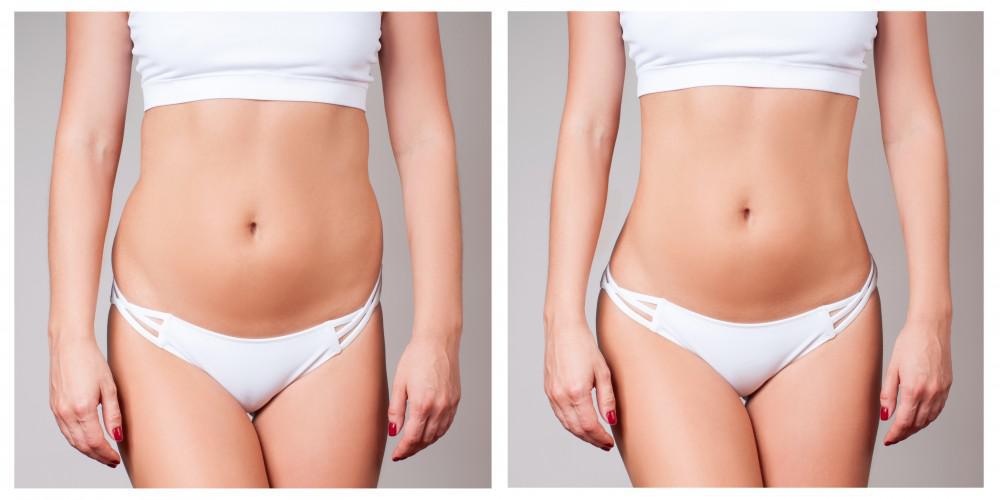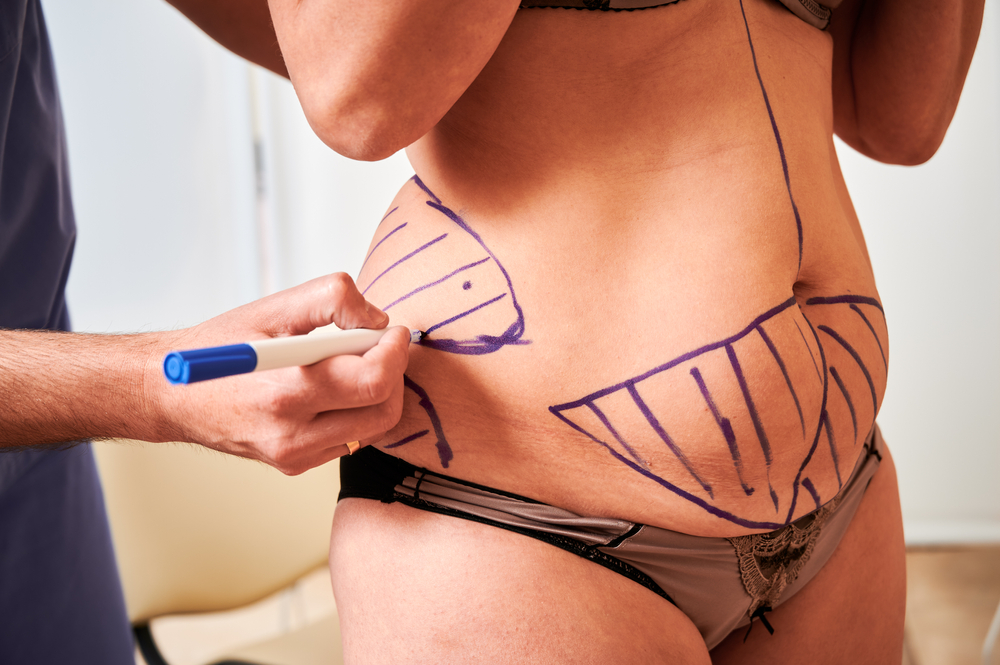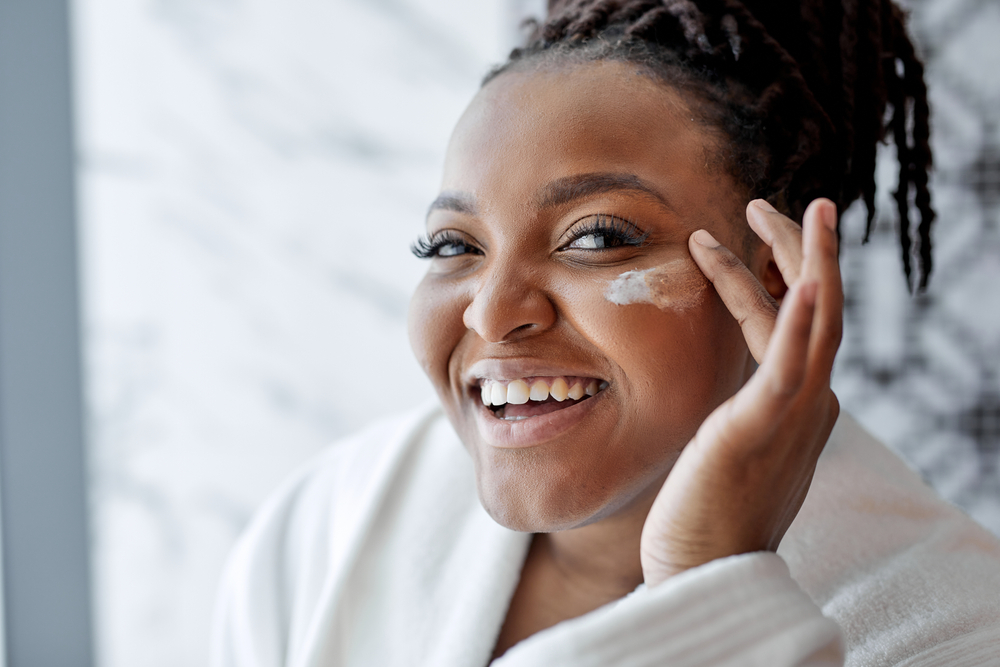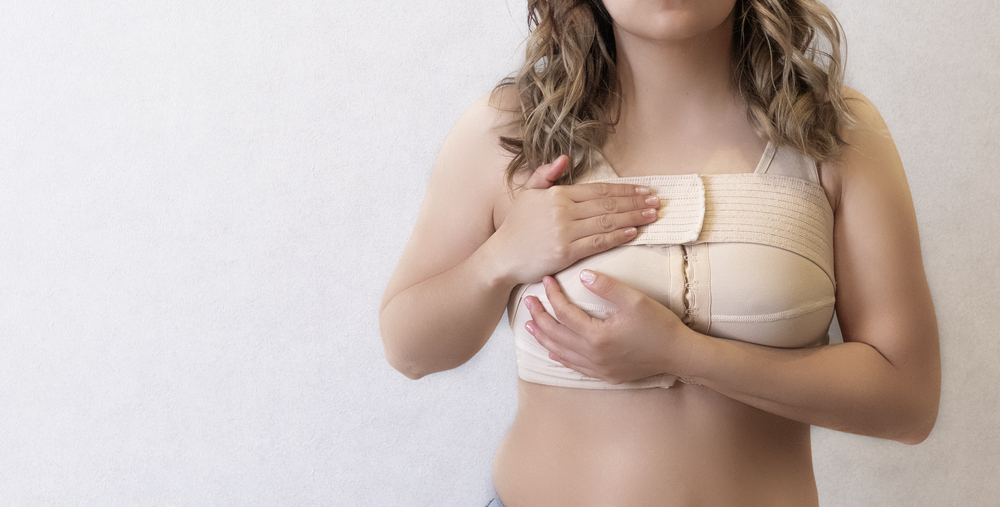
More than a quarter million people had liposuction surgery in 2018, according to the latest data from the American Society of Plastic Surgeons, an increase of about five percent over 2017. As an effective way to get rid of excess, troublesome fat in the belly, thighs, flanks, back, and other areas of the body, liposuction is a popular option for both women and men.
At Providence Plastic Surgery, we use the most advanced liposuction techniques and technology to help every patient get the results they’re looking for. But before we ever recommend liposuction surgery, we perform a careful examination of the patient’s overall health and wellness, review their medical history and their previous attempts at weight loss, and evaluate their goals and objectives to ensure liposuction is the right choice for their needs. If you’re considering liposuction or if you’re wondering if it might be a good choice for you, here’s what you should know.
Table of Contents
ToggleLiposuction candidates: What’s the ideal?
It’s true that millions of liposuction surgeries are performed every year in the U.S. But just because it’s a relatively common procedure doesn’t mean it’s risk-free. Liposuction is surgery, and that means it has a lot of the same risks as other surgical procedures, including risks of bleeding, infection, and post-operative scarring. Plus, there are risks associated with general anesthesia. In order to be considered a good candidate for liposuction, it’s important to understand and accept the potential risks associated with the procedure.
Since liposuction is a type of surgery, you also need to be ready for a recovery period afterward. Liposuction involves breaking up fatty tissue and suctioning it out, activities that result in a fair amount of tissue trauma. It’s not unusual to have bruising and some discomfort afterward, and you’ll need to take it easy for a bit and avoid heavy lifting and other strenuous activities. You also may need to wear a compression garment for several days or more to reduce swelling and promote optimal healing. Even though you may have some discomfort right after your procedure, those feelings will dissipate pretty quickly during the early stages of healing.
You’ll also need to be in good health, without existing medical problems that could make the surgery too risky or that could interfere with your results. Because smoking can slow down the wound healing process and interfere with your body’s ability to recover after surgery, you’ll need to give up the habit for several weeks before and after your surgery (and ideally for good).
Despite what you may think (or hope), liposuction is not intended to remove huge amounts of fat. To get the best results, you should be within about 30 percent of your ideal weight. If you’re heavier than that, it might be a good idea to try to lose some of those extra pounds before having liposuction surgery. Plus, your skin should still have a fair amount of elasticity in order to “reshape” itself to your new contours once the fat tissue is removed.
Finally, it’s very important for you to have realistic expectations of what liposuction surgery can do for you specifically. Yes, it can help you get rid of excess fat in specific areas of your body. But before you start planning a new wardrobe, you should be very open and frank about what you’d like to achieve with the surgery. In that way, your doctor can help you anticipate the results you’re most likely to achieve so you’ll be more satisfied with your outcome.
Find out if you’re a good candidate for liposuction
If you’ve got excess fat you’d like to get rid of, there’s a very good chance liposuction at Providence Plastic Surgery can help. To find out more about the procedure and whether it’s the best option to help you meet your goals, contact the practice today.










